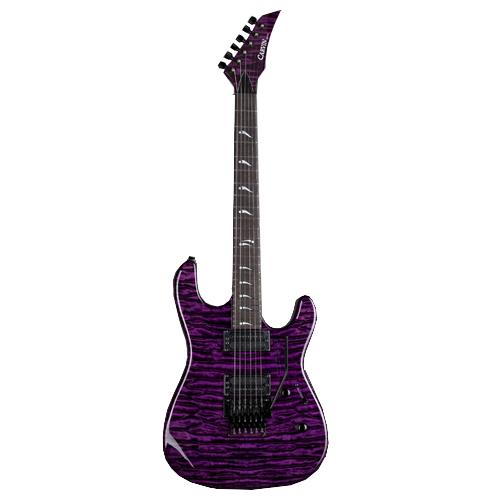
He ended up building his own pickups, and eventually started building his own guitars in his woodshop. Lowell was a musician who was also a tinkerer. What was Lowell Kiesel's mission with Carvin? Lowell Kiesel and one of his lap steels and amps in the 1940s. Premier Guitar recently spoke with Carvin's Creative Director Richard Cruz to learn about the secrets of their success, the history of the company, and what sets them apart. And while there, gear-centric musicians can order amps, PAs, stands, mics, and pretty much everything else needed to rock out-all under the Carvin brand. One can visit their site and custom order an instrument with an assortment of details and options. While still holding true to their sales methodology, Carvin has embraced the digital age. As is still the case today, if someone wants to check out one of their guitars or amps before buying, a visit to one of their Southern California showrooms is the sole option. Before retailing through the Internet, Carvin relied almost exclusively on catalogs and mail order. Their electric guitars have a unique look, an excellent reputation in terms of playability, and are priced in the same ballpark of the mass-produced, Asian models that dominate big box music stores-stores where Carvin instruments cannot be found. The company has carved its niche in the industry as a manufacturer of US-made instruments and amps that can be had at a fraction of the cost of their counterparts. Over the years, Carvin gear has been used by heavyweights like Frank Zappa, Jaco Pastorius, Yngwie Malmsteen, and Steve Vai. Going their own way is a good way to describe Carvin, and they proudly maintain the direct-to-consumer marketing and sales approach they’ve practiced throughout the company’s history.

And while Leo Fender, Ted McCarty, Les Paul, and Adolph Rickenbacker certainly share much of the credit for bringing the electric guitar to life, Lowell Kiesel was there too-he was just doing it in his own way.


Both were experimenting with electrifying the popular Spanish and Hawaiian guitars of the era. Lowell Kiesel started Carvin in 1946, right around the same time Leo Fender got his company going.


 0 kommentar(er)
0 kommentar(er)
